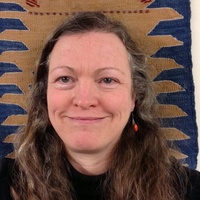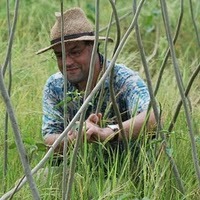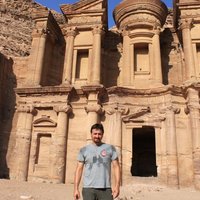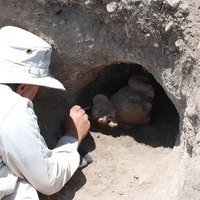
Wiebke Kirleis
Address: Kiel, Schleswig-Holstein, Germany
less
Related Authors
Nerissa Russell
Cornell University
Dorian Q Fuller
University College London
David Seamon
Kansas State University
Caroline J . Tully
University of Melbourne
Julian Thomas
The University of Manchester
Enrico Cirelli
Università di Bologna
Bernd-Christian Otto
Friedrich-Alexander-Universität Erlangen-Nürnberg
Yannis Hamilakis
Brown University
Gary Feinman
Field Museum
Eszter Banffy
Hungarian Academy of Sciences
InterestsView All (10)










Uploads
Papers by Wiebke Kirleis
The Bronze Age in Europe was characterised by far-reaching transformations in socio-political organisation, demographic structure, technology, material culture and symbolic expression. It was also a period of some major changes in the environment, as well as in food production and diet, which may have affected the health of Bronze Age communities. The aim of this session is to bring together different lines of evidence on subsistence economy and food acquisition, health status, and natural landscapes modified through human use in the Bronze Age. The underlying idea is to examine relationships between these aspects and investigate how the changing cultural and natural environment could have affected food economy and dietary and lifestyle habits.
Papers are invited dealing with the reconstruction of Bronze Age crop and animal husbandry and their effect on the landscape; research on the opportunities (and limitations) offered by the natural and cultural environment in terms of food production; bioanthropological and other investigations of human diet, nutrition and health status; identification of movements of people, ideas and things and their effect on the subsistence and lifestyle. Case and comparative studies, overviews, uni- and multidisciplinary research papers are welcome, as well as those using indirect evidence (e.g. tools and other objects) or palaeoenvironmental models in the investigations of environmental context of food production and associated land use over this period. We are particularly interested in presentations of the results of recent research, and outcomes of methodological improvements or experimental studies.